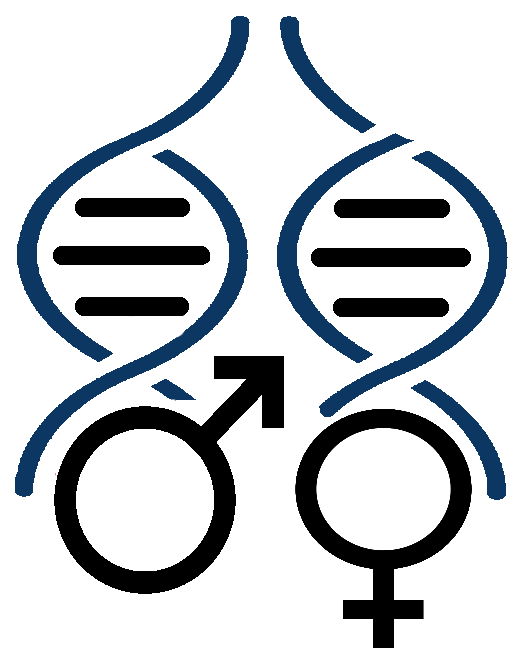|
| | Humanmt (int, int) |
| |
| | Humanmt (typeDNA *pMtDna, int pIdMother, int pIdFather, int a) |
| |
| | Humanmt (Humanmt const &) |
| |
| Humanmt & | operator= (Humanmt const &) |
| |
| void | reborn (typeDNA *newMtDna, int newMother, int newFather) |
| |
| void | reborn (Humanmt const &) |
| |
| void | reset () |
| |
|
int | get_nbCrumbMt () |
| |
| | Human (int, int) |
| |
| | Human (int pIdMother, int pIdFather, int, int) |
| |
|
| Human (Human const &) |
| |
| virtual | ~Human () |
| |
| Human & | operator= (Human const &) |
| |
|
bool | shared_parents (Human const &) |
| |
| void | reborn (int newMother, int newFather) |
| |
| void | reborn (Human const &) |
| |
| void | reset () |
| |
|
int | getMother () const |
| |
| int | getFather () const |
| |
| int | getNbMate () const |
| |
| int | getNbChild () const |
| |
| void | hadChild (int n) |
| |
| void | newMate () |
| |
| Humanmt::Humanmt |
( |
int |
a, |
|
|
int |
b |
|
) |
| |
Constructor from the size of mtDNA and the size of DNA (unused).
| Humanmt::Humanmt |
( |
typeDNA * |
pMtDna, |
|
|
int |
pIdMother, |
|
|
int |
pIdFather, |
|
|
int |
a |
|
) |
| |
Constructor from the mtDNA sequence, the parents ID and the size of the mtDNA sequence.
| Humanmt::Humanmt |
( |
Humanmt const & |
a | ) |
|
| void Humanmt::reborn |
( |
typeDNA * |
newMtDna, |
|
|
int |
newMother, |
|
|
int |
newFather |
|
) |
| |
Make a new instance out of an old one just changing its attributes.
| void Humanmt::reborn |
( |
Humanmt const & |
a | ) |
|
Make a new instance out of an old one just changing its attributes.
Function to reset the value of all the attributes.
| void Humanmt::get_nbCrumbMt |
( |
| ) |
|
Return the size of the array containing the mtDNA sequence (number of sites divided by 32).
| std::ostream& operator<< |
( |
std::ostream & |
, |
|
|
Humanmt const & |
|
|
) |
| |
|
friend |
Array representing the mtDNA sequence.
Number of cell of the array representing the mtDNA sequence.
The documentation for this class was generated from the following files:



 Public Member Functions inherited from Human
Public Member Functions inherited from Human Protected Attributes inherited from Human
Protected Attributes inherited from Human 1.8.4
1.8.4